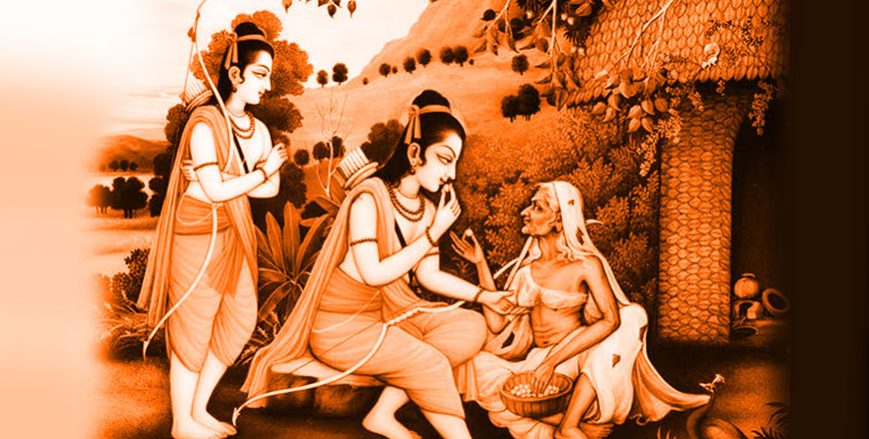About This Course
This course discusses the Indic concepts of Social Justice. The dominant belief today is that though India had many social injustices, it had no mechanism of social justice. The narrative that is peddled in the left-liberal circles, claims that the very idea of social justice is Western and Judeo-Christian in origin and native pagan traditions like India had no such concept.
Aravindan Neelakandan tells us, by discussing Indian history, Indian scriptures and Indian traditions that the concept of social justice is deeply embedded in Indian psyche and Indian social order. It is perhaps the only great tradition in the world where the mechanisms of social justice are hardwired in the system itself. As a result, while in most other societies, traditional institutions tend to ossify and resist social justice, in India, traditional structures have thrown up social reforms from time to time, thus not resisting, but spearheading social justice and social change.
Important note: This is a self paced course. Here, you can access the videos as per your convenience, from anywhere, any time. No regular live sessions by the instructor will be happening that you have to attend in allotted time and date.
What You’ll Learn
- You will learn the difference between the Indic and the Western concepts of social justice and the basis of social justice in Indian society. You will also learn the role that Buddhism and Jainism played in social stratification in India.
- You will learn about the brutal traditions of untouchability in the West and how untouchability was practiced in most of the European societies.
- You will learn how racism was born in the West and how India led the global fight against racism in the 20th century.
- You will learn the relations between what we now call ‘tribals’ and the rest of the Indian society and what insights our scriptures and history give us about the tribals, like Nagas. You will learn how the Marxists distorted Indian history and how Indian scriptures promoted social emancipation in all parts of the country.
- You will learn how Dr. B. R. Ambedkar rejected the racist interpretation of the caste system and how colonial interventions distorted Indian psyche.
- You will also learn the relation of Hinduism and Hindutva vis-à-vis untouchability.
- You will learn how scheduled communities played important role in putting up resistance to foreign invaders and how it was the British policies which led to the degradation of tribal communities. You will also learn the Indic concepts of gender based justice in India.





